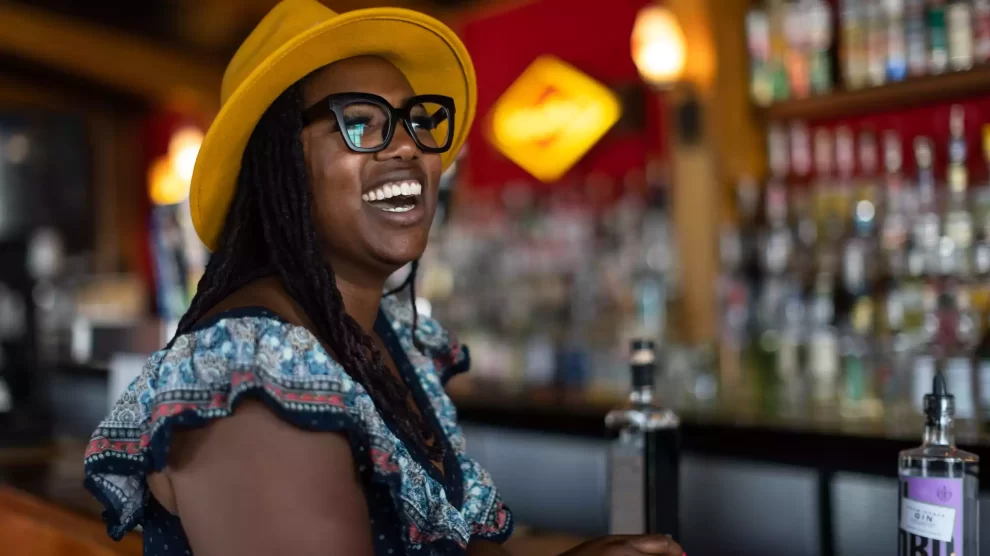Safe social space for people of color in America — and Minnesota — can still feel rare. Bars and restaurants are an important part of providing that space.
Food writer Mecca Bos spoke to three people of color active in the business side of the Twin Cities bar scene about the places important to them.
As a person of color in Minneapolis, when I head out with my friends for a cocktail, I often have much more than what’s in the glass in mind.
What’s the vibe? Who’s going to be there, and who’s not? Will I feel welcome? And by who’s not going to be there, I’m thinking specifically, will there be any Black people, either behind the bar or out front?
In 2021 I co-produced an audio documentary, “The Godfather of Black Space in Minneapolis.” That “Godfather”: Anthony Brutus Cassius, a social activist and a bar owner. His activism was couched in the idea that Black people deserve safe space in America — and in Minneapolis.
The safe space he fought to carve out for 47 consecutive years were bars. Social spaces that nobody should have to contemplate living without.
Since that time, I’ve been preoccupied with the question of safe eating and drinking spaces for people of color in the Twin Cities. I’ve been a food writer here for the better part of 20 years, and I’ve become overly accustomed to being the only person of color — and certainly the only Black person — in many bars and restaurants here.
I wondered what other BIPOC people in the industry had to say about this issue and I sat down with three of them at bars of their choosing.
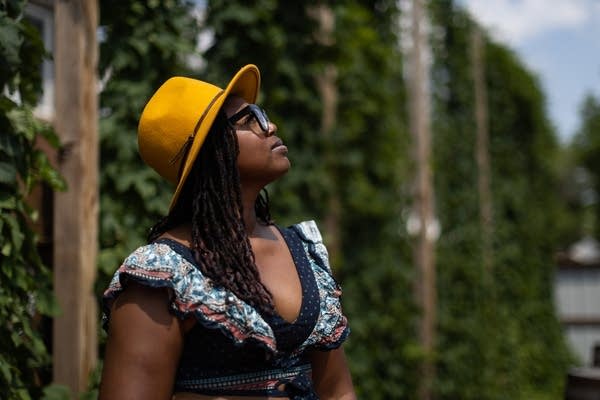
Elle Rhodes is director of sales for Du Nord Craft Spirits, the only Black-owned distillery in the state, and one of very few in the country. She’s also co-founder of Brewing Change Collaborative, a collective that seeks to foster diversity, equity and inclusion in the brewing and beverage industry.
The organization was formed in 2019 after Rhodes realized she and brewer Ramsey Louder were one of two Black people in the local beer industry at that time.
“It really started to grate at me,” she explains, over a Du Nord cocktail at Northeast Minneapolis corner bar institution Grumpy’s. “Being in a space where you are an only and you are a unicorn. . . And then you’re like, why though?”
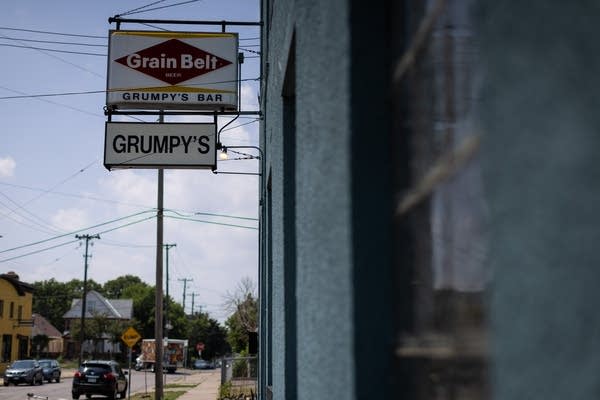
The “Why, though?” became more amplified when Louder moved to Minneapolis from Michigan to start a brewery here. He looked around and asked Rhodes: Where are all the Black people in this industry? So together, they decided to try and change some things.
“And I said, if we’re going to do this, this can’t be casual, like it can’t just be like, and we’ll we’ll do a little something here, just a conversation, and it’s going to fix itself. This is something that’s going to require actual effort,” she remembers.
That effort blossomed into the collective and Rhodes says they recently had a victory where a person of color came to them without a clue as to how to enter the industry, and now that person is gainfully employed thanks to their efforts. She says it’s an exhilarating feeling.
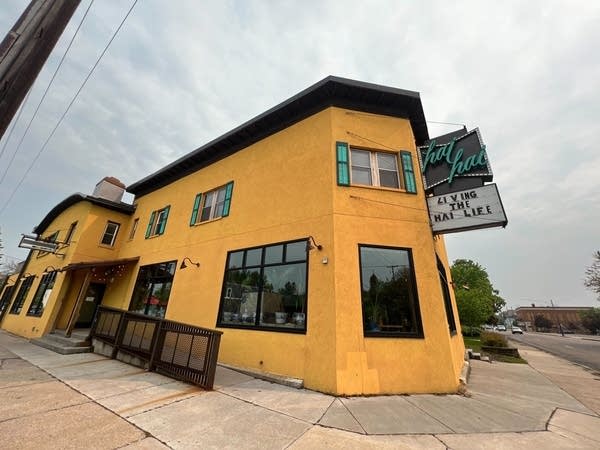
Just across the street from Grumpy’s sits Hai Hai, a second generation Vietnamese restaurant owned by Christina Nguyen and her husband Birk. The couple opened Hai Hai five years ago in what was once an infamous strip club called the “Deuce Deuce.” Hai Hai translates to the same thing in Vietnamese.
Nguyen said she wanted to open something that reminded her of her travels in Vietnam when she opened the bar and restaurant, and that vibe included a spirit of ease, and inclusivity.

“I’m always happy and amazed that we do have such a diverse group of people, whether it’s age ranges, people of different colors and ethnicities all coming here. We just have a super diverse crowd.”
“Super diverse” is not something just any bar in Minneapolis can boast, so I asked her how she thinks she cultivates that.
Keeping prices reasonable, channeling a relaxed atmosphere and having a come-as-you-are ethos are all part of it. But I think she might have been leaving something out: the fact that they are a BIPOC owned and operated place with a liquor license, something else that is too rare in Twin Cities bar culture.
Daniel Torres is part of the “Behind a Bar collective,” a group of Latinx bartenders and chefs looking to carve out a more inclusive space that celebrates Mexican and Latin culture specifically. He chose to meet up at Meteor Bar, which is not Latinx owned, but does have the same laid back, old school vibes that Rhodes says she likes in Grumpy’s, as well as the “all-are-welcome here” spirit.
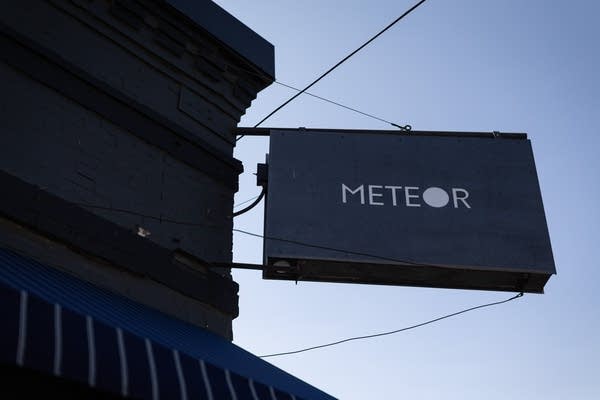
The collective, which meets periodically in rotating spaces and celebrates the work of different bartenders and food professionals each time, is another way to make more space for cultural differences that are not always easy to find around town.
“To create a space for Latin American culture, focusing on our traditional roots, our flavors, what it means to be Mexican in our blood,” Torres says of the events. “A lot of that has to do with showcasing our talent with mixology, agave spirits, also Latin American spirits, and just having a great time with everybody — it’s a home for everyone, of course.”
Anyone who has had a fave neighborhood bar, or has become a regular at one, knows how crucial that space can become for making a home-away-from-home. “Third places” as they are sometimes called: not home, not the office, but a third place that you can call your “own,” make for better community, interaction, identity and simple relaxation.
It’s crucial that these spaces feel safe, in an America where safe space cannot be taken for granted.

Source : MPR News
















